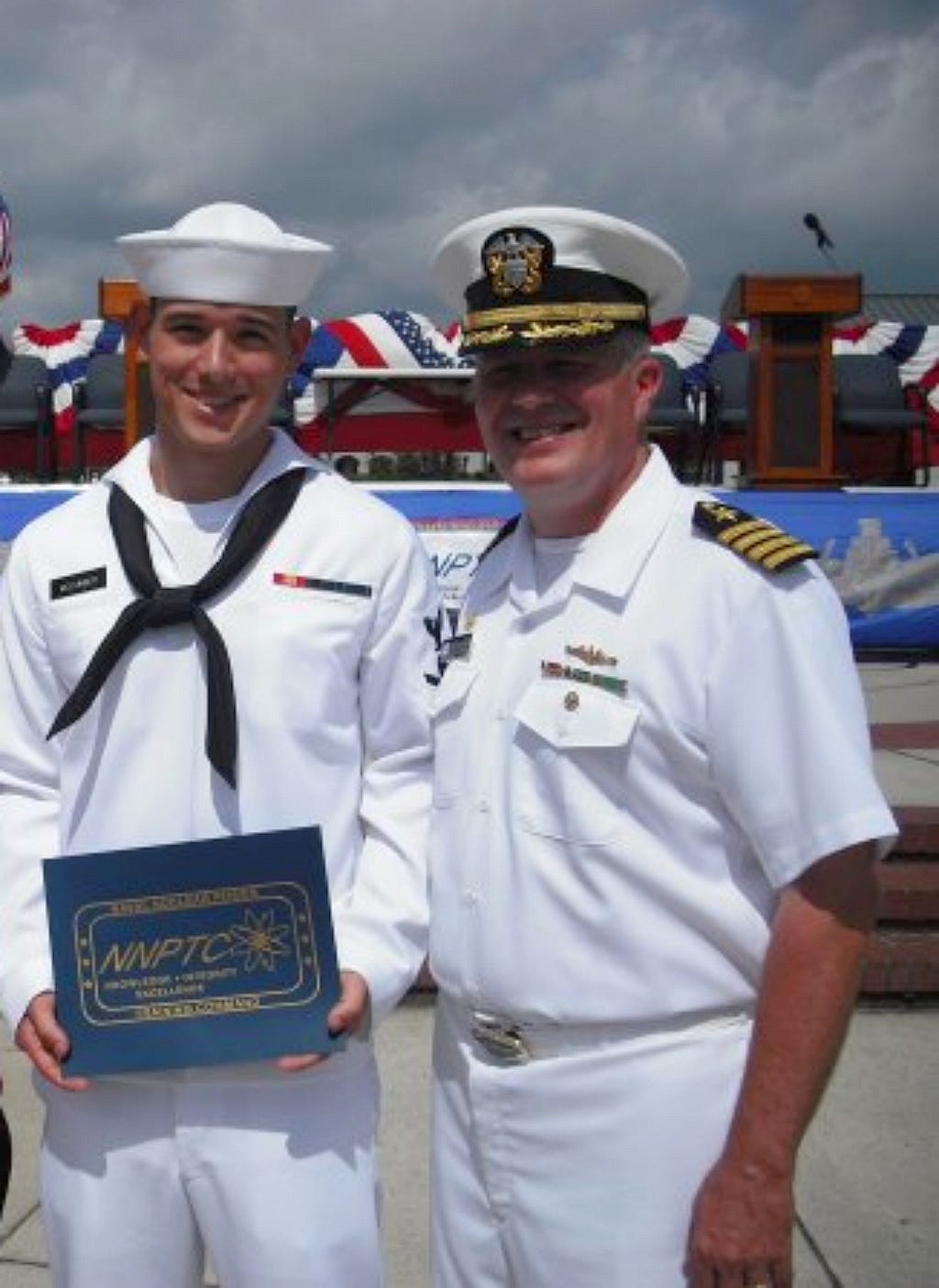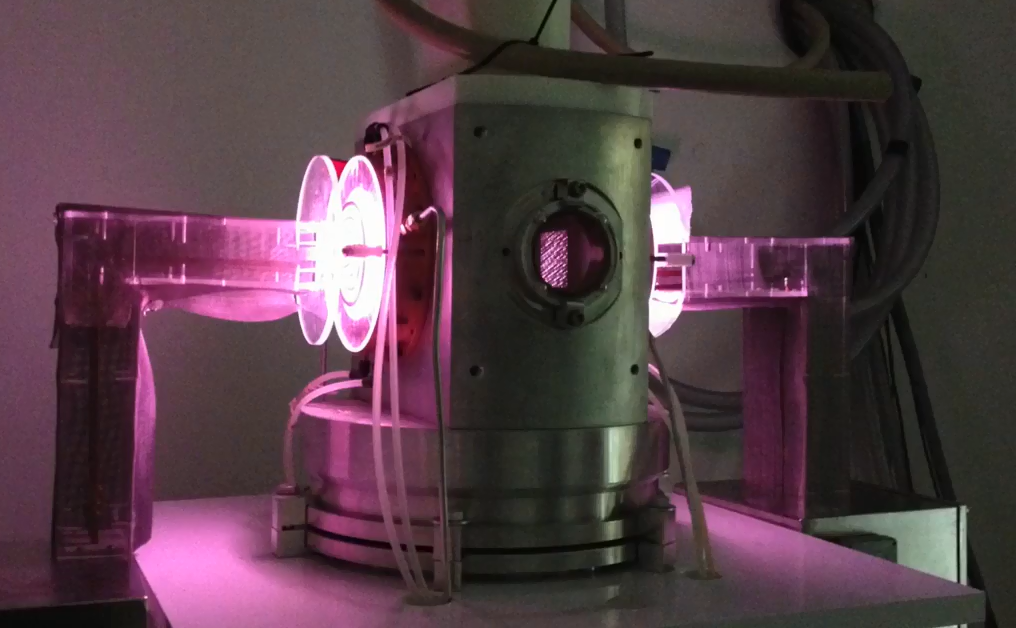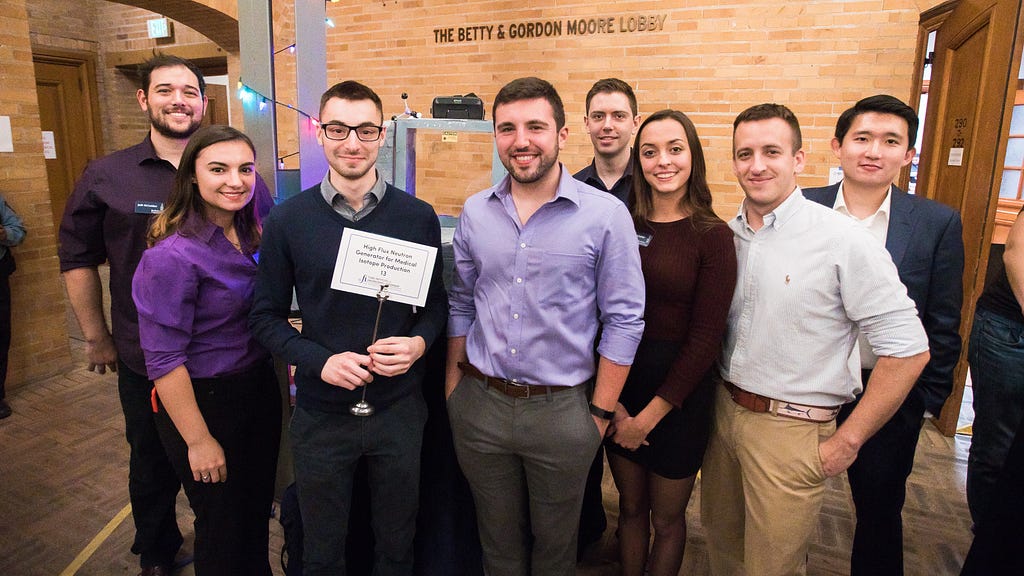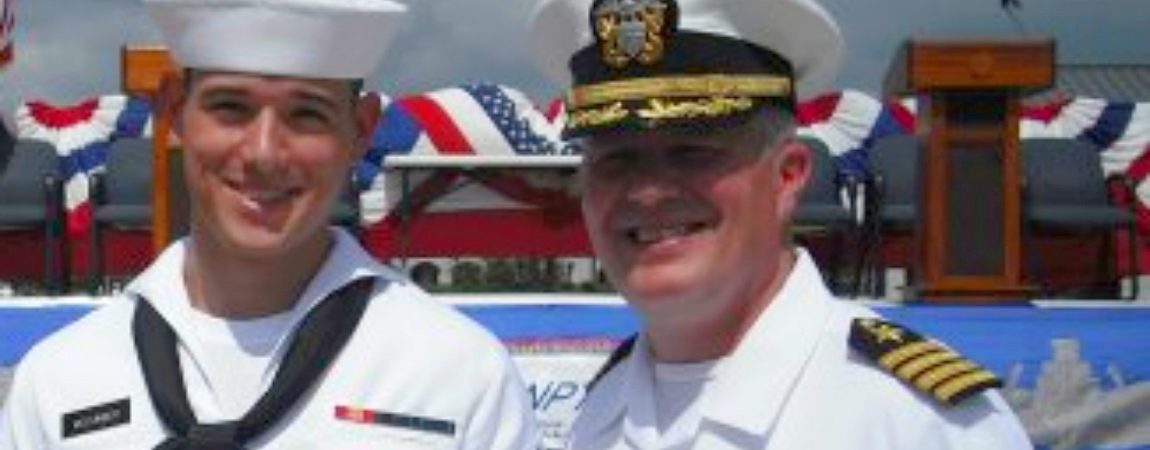By Joshua McCumber, edited by Caroline Osterman
The UC Berkeley Master of Engineering program boasts a diverse cohort of students hailing from all different backgrounds, and among these are a handful of students who have previously served in the US military. These student veterans have gained impressive experience in a variety of engineering fields prior to coming to study at Berkeley, and we thank them for their service to the United States. Joshua McCumber is a full-time Class of 2018 MEng student in the Nuclear Engineering department. Joshua’s narrative is part of our series documenting student veterans at the Fung Institute. My name is Joshua McCumber and I am an MEng candidate in Nuclear Engineering at UC Berkeley. I served 8 ½ years from 2008 to 2016.
Educationally, large part of my academic career comes from the military.I received my Bachelors of Science from Excelsior College in Albany, New York in Nuclear Engineering Technology in 2016. My engineering interests focus around those disciplines involved in the operation of a nuclear power plant. I have done extensive rotations in electrical, mechanical, systems, and chemical engineering on S5W (Westinghouse) pressurized water reactor (PWR) plants, S8G (General Electric) PWRs, and am currently the Lead Nuclear Test Engineer for research and development at the Nuclear Test Reactor at Vallecitos Atomic Laboratories.

The added components of engineering leadership through the Fung Institute allowed for a wonderful breadth of exposure to engineering leadership, entrepreneurship, and engineering finance.My master’s capstone project is in the exploration, design, construction, and testing of a nuclear fusion, deuterium plasma-based neutron generator as well as radioisotope production and transport methods (i.e. ligand transport, chelation, etc.) and economic feasibility studies of launching a startup company with this technology. This includes the development of newer irradiation techniques and design upgrades for medical radionuclide production (therapeutic and diagnostic) and exploration of relevant nuclear data needs (for novel radioisotopes) as well as those currently in use such as standard radionuclides for SPECT/PET testing and nuclear medicinal therapeutics. This work has been very fulfilling and has the added benefit of being quite impactful, with our project coming on the heels of the recent shut down of the Chalk-River nuclear power plant (March 31, 2018), which produced roughly 50% of the North American radioisotope supply and 30% of the world supply. The research experience has been amazing and almost impossible to equate to a similar military experience. Academia has provided me with a renewed love and passion for Nuclear Engineering.

Students in service: Joshua McCumber was originally published in Berkeley Master of Engineering on Medium, where people are continuing the conversation by highlighting and responding to this story.





